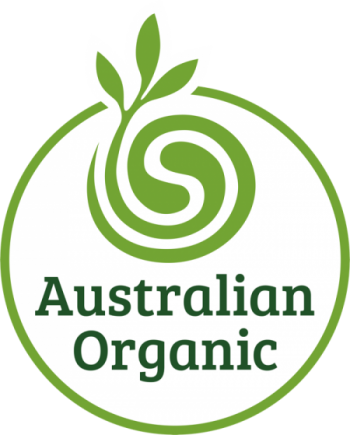Access to Japanese market maintained for Australian organic livestock producers
 The Federal Department of Agriculture, Water and Environment (DAWE) has issued a Market Access Advice (2020-04) announcing successful negotiation of an updated equivalence agreement for organic products, in time for the 16th July deadline of the Japanese Agricultural Standard organic livestock rules becoming mandatory. This new updated agreement allows continued market access for Australian organic... Read more »
The Federal Department of Agriculture, Water and Environment (DAWE) has issued a Market Access Advice (2020-04) announcing successful negotiation of an updated equivalence agreement for organic products, in time for the 16th July deadline of the Japanese Agricultural Standard organic livestock rules becoming mandatory. This new updated agreement allows continued market access for Australian organic... Read more » 